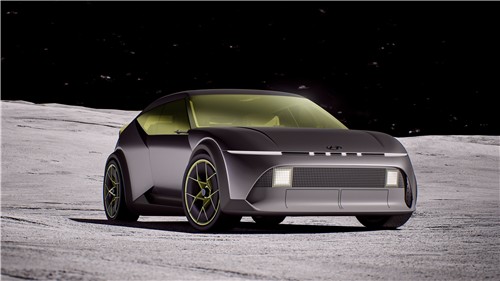The IAA Munich EV Highlights auto show highlighted major developments in the European electric vehicle market, with BMW, Mercedes, and Volkswagen showcasing their latest EV offerings. Chinese automakers also made a strong push, demonstrating the growing international competition in Europe’s fast-expanding EV segment.
BMW unveiled the iX3, which it describes as its first “true” software-defined vehicle. Featuring four advanced processors, dubbed “superbrains,” the iX3 offers an 800 km range and represents BMW’s Neue Klasse platform, emphasizing the seamless integration of hardware and software in modern EVs. CEO Oliver Zipse described the model as the start of a new era for the brand.
Mercedes highlighted the new GLC, which will launch first as a battery-electric vehicle. The GLC, a global bestseller, aims to challenge the BMW iX3 with its BEV-focused generation, reflecting Mercedes’ strategy to electrify its most popular segments.
Volkswagen showcased its ID Cross, a near-production small EV inspired by past iconic models. VW also merged its EV naming conventions with established model names, starting with the ID Polo, making electric cars more familiar to consumers. Additionally, BYD announced the Dolphin Surf as its first European-made vehicle in Hungary and introduced the Seal PHEV wagon, targeting the VW Passat and Skoda Superb segment.
The IAA Munich EV Highlights illustrate a significant shift in Europe’s automotive landscape. Traditional European brands are accelerating EV adoption, while Chinese manufacturers are expanding local production and introducing competitive models, signaling increased competition in Europe’s electric vehicle market.
